Albert Square full of Thatcherites? You ’avin a larf? No, it’s true. EastEnders, conceived 30 years ago partly as a means of enraging the Conservative party, has blossomed into a Tory commercial.
Iain Duncan-Smith could watch all the wealth-creating activity in Albert Square with a syrupy smile; George Osborne could visit Phil Mitchell’s garage in a hi-vis jacket and look perfectly at home (Boris Johnson has already had a cameo pint at the Queen Vic). EastEnders portrays small businesses built up through hard work; it implies that turning to the state won’t get you anywhere; they even sent swotty teenager Libby Fox to Oxford. Never mind the affairs and addictions, the murders and rape, Walford is rammed full of aspirational, hard-working families. No wonder so many posh folk gather round the TV to enjoy it with their M&S fish pie.
Albert Square’s drift to the right appears to be unintentional. When the series began, at 7 p.m. on 19 February 1985, the real East End of London was a sumpland. Shoreditch was somewhere to inject drugs in doorways; Dalston was noted for its spectacular murder rate; the old London docks were dead. The opening episode angrily reflected all this. The body of a poor, elderly murder victim is found in a grimy flat; one of the men who discovers the body has been unemployed for months, and is on the brink of depression as a result. Later, in the very brown pub on the corner, where a fight between two snarling lager louts is taking place, an old woman in a charity-shop anorak complains that there is no such thing as community any more. As the production team stated in 1985, the series was set ‘uncompromisingly in Thatcher’s Britain’.
Quite so: and we might say that it is now set in the Britain Mrs Thatcher wanted. Look around today’s Albert Square: no one is on benefits. No one! Among the young characters, Jay and Ben work in the Arches garage, Lee and Nancy in the Queen Vic, Tamwar in the market inspector’s office; Whitney is a teaching assistant; Shabnam is there all hours at the Minute Mart; and young Peter Beale is up before dawn to work the veg stall that has been in his family for generations. At the other end of the age scale, Dot Cotton is still working shifts at the launderette. She is 87.
Funnily enough, Dot is the sole council tenant left on the Square; the rest is owner-occupied and tarted up. Ian Beale’s lavender wallpaper might not be Osborne and Little, but Albert Square’s canniest businessman has more important things to think about. In 1985, Ian was a 16-year-old with bigger dreams than his barrow-boy father; over the years, he has started a café, a fish-and-chip shop and a swanky restaurant. He is also a buy-to-let landlord. In the earliest years, his acumen was portrayed as abnormal and amoral. Now it is accepted by all the other characters as perfectly natural; how else are livings made?
Entrepreneurship abounds. Beastly Dean Wicks owns and runs the Square’s natty hairdressing business. Its premises were once occupied by adventuress Janine Butcher who, between murders, was a high-flying estate agent. At the other end of the Square, when Tanya Branning tired of her husband’s infidelities, she decided to earn her own way with a beauty parlour called Bootys. The moral? Starting a business is the path to fulfilment, whatever the state of your moral compass.
And when disaster strikes, it’s no use crying to the nanny state. Think of Alfie and Kat Moon. In a recent episode, a chilly official told them the only way they could get a council house was to move to Luton. In EastEnders terms, that’s transportation. They have been taken in by friends, Big Society-style.
And there are handsome earnings to be made in Albert Square. Phil Mitchell’s empire — stretching from the Arches garage to the Albert cocktail bar — is so profitable that he has a spare £100,000 knocking around in his safe (or did, until cousin Ronnie nabbed it). Meanwhile, his other cousin Roxy owns the local gym. Across the way, Max Branning’s sex addiction does not get in the way of his little earner, ‘Deals On Wheels’, a used-car concern that keeps a very nice roof over the heads of his daughters. Nor will you ever hear the term ‘tax credits’ used in the Vic; even shivering market traders Kush and Kat don’t fall back on the Treasury when the takings have been slim. Kat’s leopard-print dresses, shuddering on their railings, are all that lie between her and destitution. But will she accept handouts? No, indeed she will not.
EastEnders, in its efforts to reflect the real world, has unconsciously embraced the Tory vision. As a microcosm of Britain, Albert Square is a blend of self-reliance, fierce localism and community cohesion. If Cameron had any sense, he’d make it the cornerstone of his election campaign.
Got something to add? Join the discussion and comment below.
Get 10 issues for just $10
Subscribe to The Spectator Australia today for the next 10 magazine issues, plus full online access, for just $10.
You might disagree with half of it, but you’ll enjoy reading all of it. Try your first month for free, then just $2 a week for the remainder of your first year.

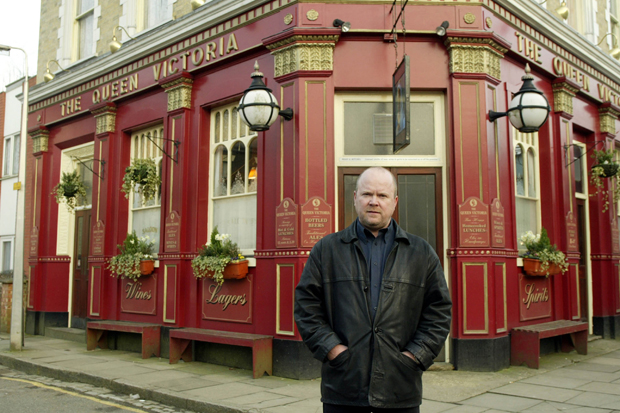

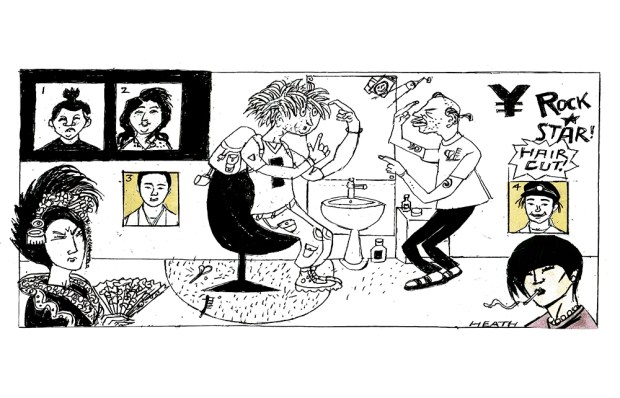
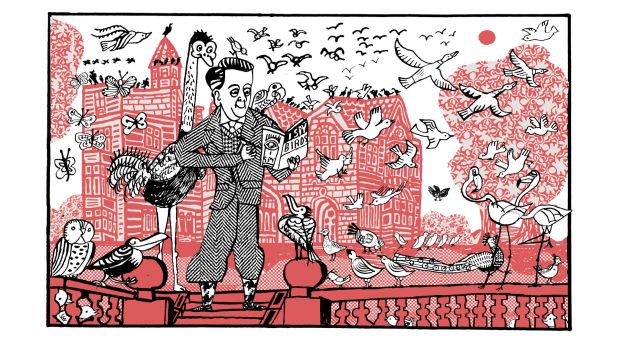
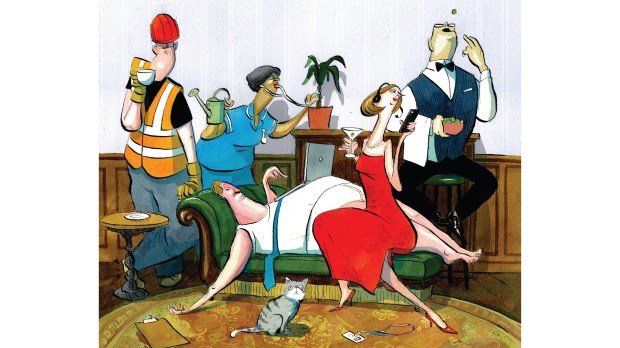
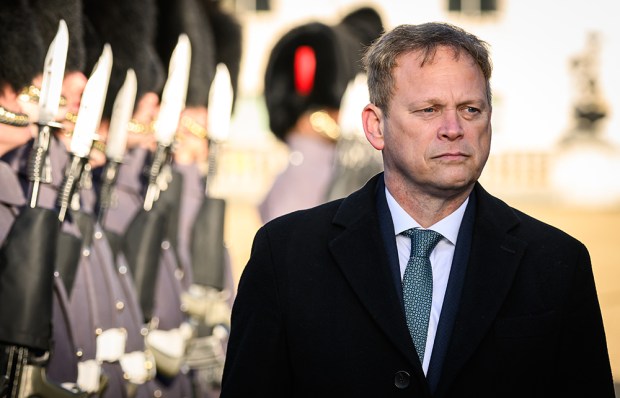







Comments
Don't miss out
Join the conversation with other Spectator Australia readers. Subscribe to leave a comment.
SUBSCRIBEAlready a subscriber? Log in